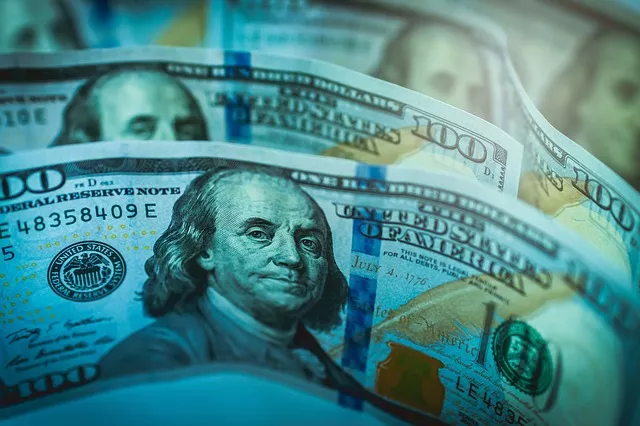The federal government has opened its coffers of COVID-19 relief funds to the operators of facilities that changed hands in the months leading up to the coronavirus pandemic, but the window to strike is small.
In the name of expediency, the Department of Health and Human Services (HHS) rushed out relief dollars to health care providers with little fanfare or advance warning, sending billions to operators — but also making some missteps along the way.
Among the lingering problems with HHS’s plan to distribute the health care industry’s portion of $2 trillion in stimulus funding authorized under the CARES Act was the question of facilities that had recently changed hands.
Because HHS based its relief payments on Taxpayer Identification Number (TIN) information on file as of 2019, companies that sold or transferred nursing homes — and other health care facilities — toward the end of last year or in early 2020 woke up with emergency Medicare funds for businesses they no longer controlled.
The current owners and operators, meanwhile, received nothing. HHS also explicitly forbade the former owners from transferring the funds directly, instead requiring anyone with improper funds to return them to the government.
“In order to ensure program integrity and transparency, HHS made Provider Relief Fund payments to healthcare providers based on the latest data available for a TIN,” the agency wrote in an July 8 update to its relief FAQ. “As previous owners are not permitted to transfer funds to the new owner, they were instructed to return the funds to HHS. At this time, HHS will not reissue returned payments to the new owners.”
HHS late last week changed that policy with an update to its CARES Act application and timeline rules.
“HHS did not reissue returned payments to the new owners and instead promised to give new owners a separate opportunity to apply for provider relief funding,” the agency indicated. “That opportunity is now here.”
Beginning August 10, providers whose relief funds remain stuck in purgatory can submit revenue information and proof of ownership change to HHS for consideration — but they must do so by August 28.
HHS also emphasized that the previous rules around transferring payments from old to new owners remain in effect.
“Prior owners are required to return the payments to HHS, if they cannot attest to providing diagnoses, testing, or care for individuals with possible or actual cases of COVID-19 on or after January 31, 2020,” HHS warned. “For program integrity considerations, previous owners are precluded from transferring funds to new owners who may qualify and can attest to providing care for possible or actual COVID 19 cases.”
The HHS announcement also extended the general timeline for providers to apply for relief based on prior Medicaid reimbursements through August 28.
“By giving providers until August 28, 2020 to apply, HHS is hopeful it has struck the right balance in terms of providing as much flexibility as possible, recognizing the constraints on smaller practices already operating on thin margins with limited administrative staff,” the agency noted. “HHS will also soon be providing a more simplified application form in response to ongoing dialogue focused on improving the provider experience.”
The agency additionally promised to provide updates on the status of distributions for other providers that may have been left out of the initial rounds.
“HHS is currently working to address relief payments to new providers in 2020 along with those that have yet to receive any funding for a variety of reasons, including the fact that they may only bill commercially, or do not directly bill for the services they provide under the Medicare and Medicaid programs and thus did not receive any funding yet,” the HHS noted. “Future announcements will be provided.”
HHS has made several distributions from the main CARES Act funding, including tranches based on prior Medicare and Medicaid reimbursements, as well as a pair of SNF-specific payment programs — the latter of which totaled about $5 billion apiece.



